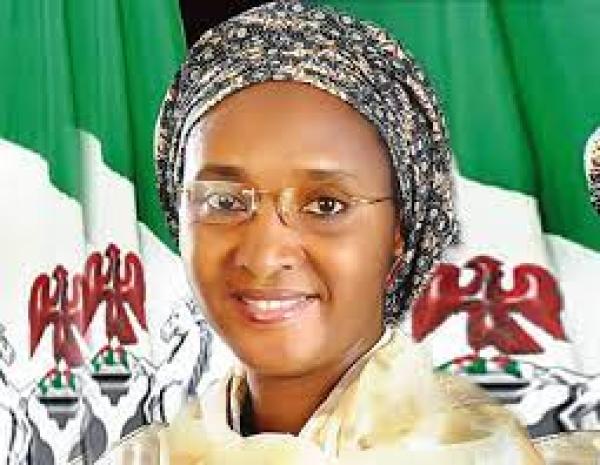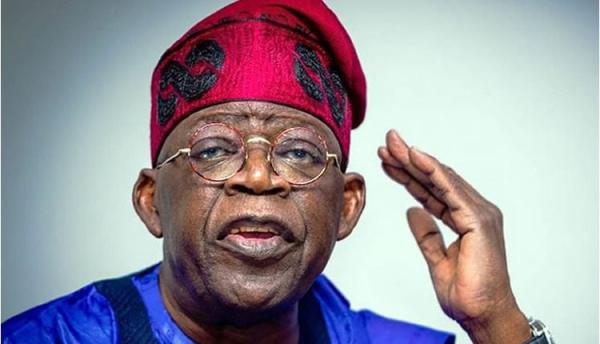
Honourable Minister of Finance, Budget and National Planning, Zainab Ahmed.
The Federal Government yesterday hinted on future plans to borrow more funds to finance the N6.258 trillion deficit in the proposed 2022 budget. This comes despite the public outcry and protests against the administration's penchant for frequent borrowing.
This development was disclosed after the Federal Executive Council (FEC) approved N16.39 trillion for the 2022 Appropriation Bill.
The Minister of Finance, Budget and National Planning, Zainab Ahmed while justifying the government's position stated that the borrowing was necessary since Nigeria's revenue could barely accommodate services. She also added that despite the concerns, its borrowings are still within acceptable limits as the total money borrowed as at July 22 was 23 per cent of the Gross Domestic Product (GDP).
The Minister who said this while briefing newsmen added that the administration would continue to borrow to fund infrastructure projects as the government does not get much from its revenue sources.
She said, “If we just depend on the revenues that we get, even though our revenues have increased, the operational expenditure of government, including salaries and other overheads, is barely covered or swallowed up by the revenue. So, we need to borrow to be able to build these projects that will ensure that we’re able to develop on a sustainable basis.
“Nigeria’s borrowing has been of great concern and has elicited a lot of discussions. But if you look at the total size of the borrowing, it is still within healthy and sustainable limits. As at July 2021, the total borrowing was 23 per cent of GDP. When you compare our borrowing to other countries, we are the lowest within the region, lowest compared to Egypt, South Africa, Brazil, Mexico and Angola.
“We do have a problem of revenue. Our revenues have been increasing. We just reported to FEC that our revenues from non-oil has performed, as July, at the rate of 111 per cent, which means outperforming the prorated budget.
“But our expenditure, especially staff emoluments, have been increasing at a very fast rate, making it difficult to cope with funding of government.
“So, what we have to do is a combination of cutting down our cost, as well as increasing revenue to be able to cope with all that is required for government to do, including salaries, pensions, debt service and capital expenditure.”
The Minister also stated that the Council noted the changes in the 2022-2024 fiscal projections based on implementation of the Petroleum Industry Act (PIA) 2021 and other necessary expenditures that should be accommodated in the 2022 budget.
She predicated the key assumptions and targets underlying the budget provisions to include oil price at $57 per barrel; oil production at 1.88mbpd; exchange rate at N410.15/US$; oil revenue at N3.15 trillion and non-oil revenue at N2.13 trillion.
The Senate, in its recommendation, approved the aggregate expenditure of N16.39 trillion from the previous N13.98 trillion for next year.






















